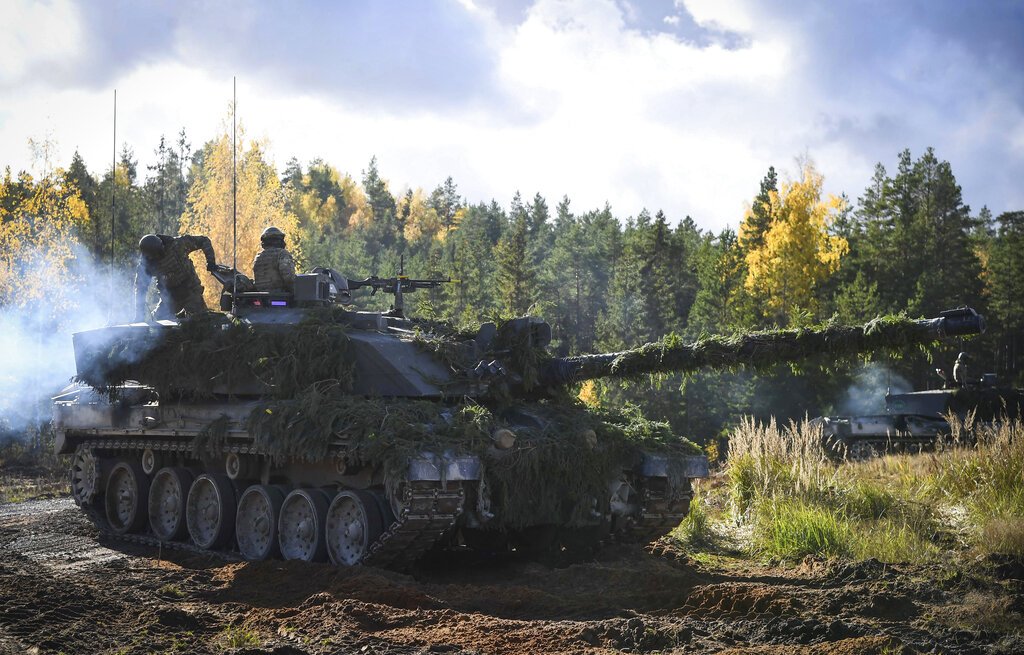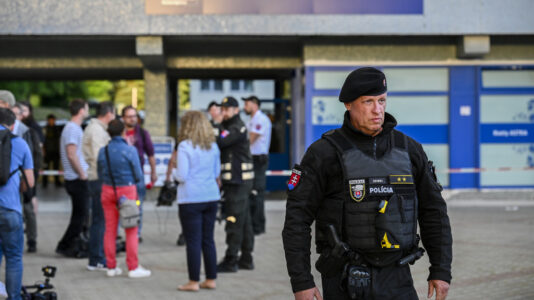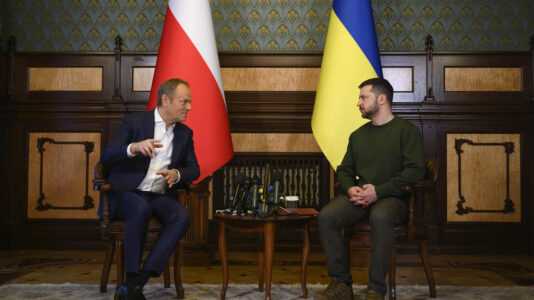In the last few days, there have been several articles in the international press about the possibility of Estonia sending troops to Ukraine in a move that could drag NATO further into the war with Russia.
As Magyar Nemzet reported earlier, Estonia’s leadership is discussing sending troops to the Western part of Ukraine to take over non-direct combat tasks from Ukrainian forces. This would give Kyiv the opportunity to send more of its own troops to the front, the Estonian president’s national security adviser told Breaking Defense.
It is understood the Estonian army had internal discussions months ago about sending its troops to Western Ukraine, far from the frontline, to take on non-combat missions to free up Ukrainian troops.
However, Chief of General Staff Martin Herem said there had been no serious discussions on the issue since then. He stressed that the presence of foreign troops in Ukraine was polarized in public opinion between “doing nothing” and “fighting,” adding that there were many other ways they could help, such as assisting with medical and logistical tasks, as well as air defense.
Herem’s comments came after Lithuania’s Prime Minister Ingrida Šimonytė told the Financial Times she was ready to send Lithuanian troops to Ukraine to train Kyiv’s forces.
The FT wrote that Šimonytė predicted Russia could see the move as an escalation, but added “If we just thought about the Russian response, then we could not send anything. Every second week you hear that somebody will be nuked.”
An Estonian lawmaker, Marko Mihkelson (Reform Party, Renew Europe), who is also the chairman of the Estonian parliament’s foreign affairs committee, spoke of Russian nuclear “blackmail” and called for foreign troops to go to Ukraine. He said European nations should “start thinking about a coalition of the willing.”
Mihkelson said it could start with air defense, citing the international coalition to protect Israel from Iranian drone and missile attacks as an example. He expressed hope that his country would be part of such a coalition adding that Estonians “know their duty.” He stressed that if they did not send troops, Estonia could become a frontline.
“At present, all of Russia’s military capabilities are in Ukraine,” he said, insisting it was “crucial” to destroy them there. He added that if there was a “coalition of the willing” and Estonia decided to join, Tallinn would have no objections.






